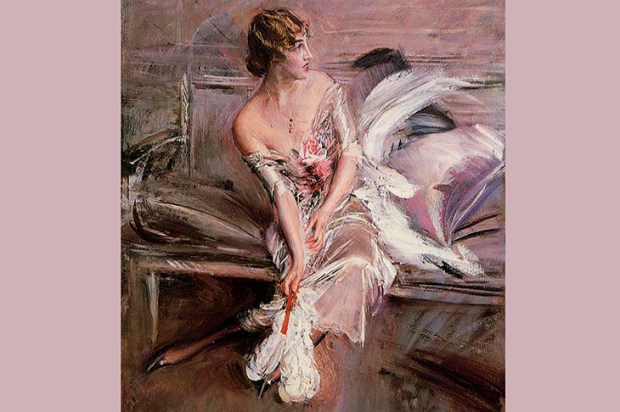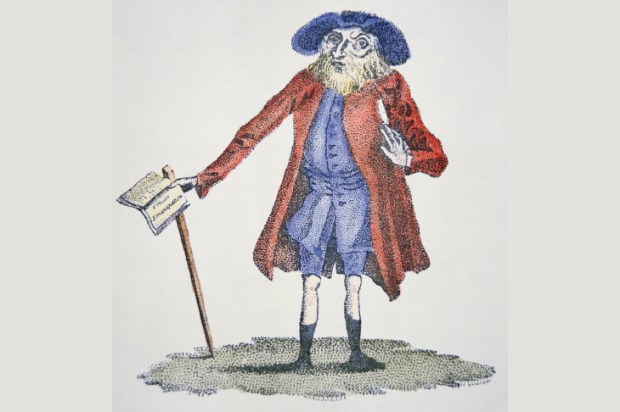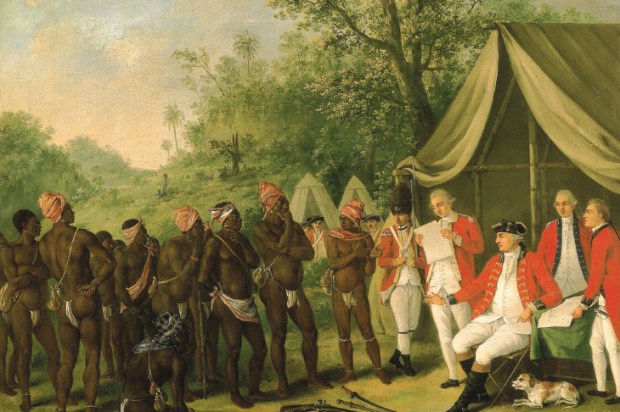Daniel and his big sister, Cathy, do not go to school. They live with their father, a gargantuan former prizefighter, eking out an autarkic existence as squatters on land belonging to the unscrupulous Mr Price; on a typical day they are engaged in woodwork, plucking mallards or tickling trout. Price’s personal fiefdom operates outside the law of the land, with violent henchmen enforcing his will. The children’s father had once worked as a fixer for him before turning renegade, rallying Price’s exploited workers and tenants into collective action to improve their lot. Price’s vendetta against him is pursued with icy determination across the pages of Fiona Mozley’s debut novel: ‘He must return to the fold. I used to own that man’s muscles, and I owned his mind.’
Elmet casts a clear nod to Leveller radicalism, but its salient feature is its pointed portrayal of gender privilege. The tone is set in an early chapter, when Cathy briefly disrupts a boys’ football game. Having caused a scene by entering the field against their wishes, she decides against taking part: ‘Even if she played, and even if she played well, it would always be their game.’
The story is narrated by Daniel, but Cathy is its undisputed heroine. Daniel is diffident and effete, whereas his sister, preternaturally strong despite her slender appearance, has inherited their father’s steeliness. Harassed and roughed up by Price’s entitled sons, her fearless resilience forms the moral centre of this tautly written folk-tale redux.
The backdrop is a tableau of agrarian subculture, where traveller lads on dirt bikes use ferrets to hunt rabbits, and labourers let off steam in a black economy of illicit fights, angling and horse-racing. The milieu’s carny charm is tempered by the ever-present menace of thuggery. If Mozley’s evocation of rural life bears some of the hallmarks of social realism — the dialogue is in Yorkshire diction, with ‘doendt’ for ‘don’t’ and ‘wandt’ for ‘wasn’t’ — Elmet is closer to a suspense thriller in its pacing and structure.
Cathy is an intriguingly unconventional heroine, but the novel’s broad narrative thrust is far from transgressive: protagonist and pals vs cartoon baddie and his cronies. Its longlisting for this year’s Man Booker Prize is unsurprising, as it fits the Booker mould perfectly: engagingly plot-driven, with just enough cleverness to get you thinking, but not so much as to trouble you unduly.
Got something to add? Join the discussion and comment below.
Get 10 issues for just $10
Subscribe to The Spectator Australia today for the next 10 magazine issues, plus full online access, for just $10.
You might disagree with half of it, but you’ll enjoy reading all of it. Try your first month for free, then just $2 a week for the remainder of your first year.














Comments
Don't miss out
Join the conversation with other Spectator Australia readers. Subscribe to leave a comment.
SUBSCRIBEAlready a subscriber? Log in